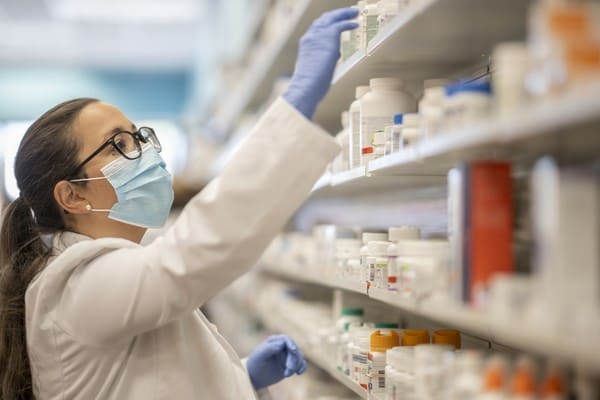
In the vast and intricate domain of pharmacy, there exist several pivotal aspects that underscore its significance in modern healthcare. The science of pharmacy encompasses not just the dispensing of medications but also the profound understanding of how these substances interact within the human body to promote health and alleviate suffering. At the core of this discipline lies the pharmaceutical sciences, which delve into the chemistry, biology, and physiology of drugs.
Pharmacy is an ever-evolving field, heavily influenced by advancements in medical research and technology. Pharmacists on pafikotasintang.org today are not merely dispensers of medications but are integral components of the healthcare system, providing essential insights into medication management, potential drug interactions, and the optimization of therapeutic outcomes. This evolution has led to a deeper integration of pharmacists in clinical settings, where they collaborate with physicians and other healthcare professionals to tailor treatments that cater to the unique needs of each patient.
A critical aspect of pharmacy is pharmacology, the study of drug action. Understanding how drugs affect biological systems is paramount. Pharmacologists scrutinize the mechanisms by which medications exert their effects, ensuring that they are both safe and efficacious. This knowledge is indispensable in the development of new drugs, a process that involves rigorous testing and validation to meet stringent regulatory standards.
Equally important is the role of pharmaceutics, the science of dosage form design. It is not enough to simply know how a drug works; it must be delivered to the body in a form that ensures its stability, bioavailability, and therapeutic efficacy. From tablets and capsules to more complex delivery systems like transdermal patches and injectables, the field of pharmaceutics is a testament to the ingenuity required to meet diverse medical needs.
The advent of personalized medicine has further revolutionized pharmacy. By leveraging genetic information, pharmacists can now predict how individual patients will respond to specific medications. This approach not only maximizes therapeutic benefits but also minimizes adverse effects, heralding a new era of precision healthcare.
In the community setting, pharmacists serve as accessible healthcare providers. They offer invaluable services such as patient education, vaccination administration, and health screenings. Their expertise in medication therapy management ensures that patients achieve optimal outcomes from their treatments. Community pharmacies are often the first point of contact for patients seeking medical advice, underscoring the vital role pharmacists play in public health.
The website https://pafikotasintang.org is a notable resource that underscores the multifaceted nature of pharmacy. From offering detailed insights into pharmaceutical sciences to providing up-to-date information on industry advancements, this platform serves as a beacon for both professionals and those seeking to understand the intricacies of this field.
In conclusion, the world of pharmacy is a dynamic and indispensable component of the healthcare landscape. Its various aspects, from drug development to patient care, highlight the critical role that pharmacists play in enhancing health outcomes. The continuous evolution of this field promises to bring even more innovations, ultimately contributing to the well-being of society at large.